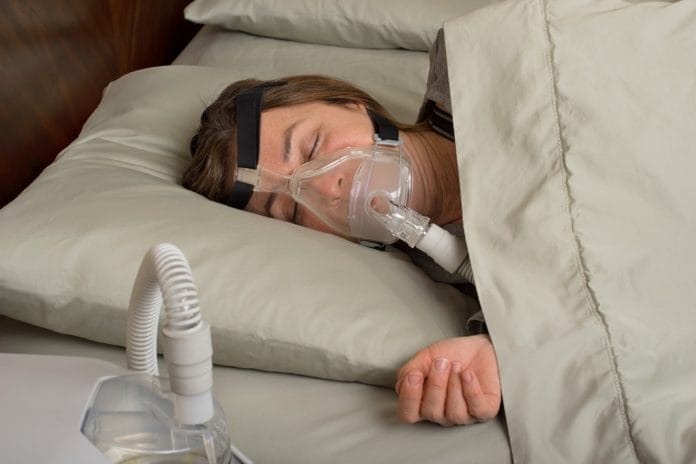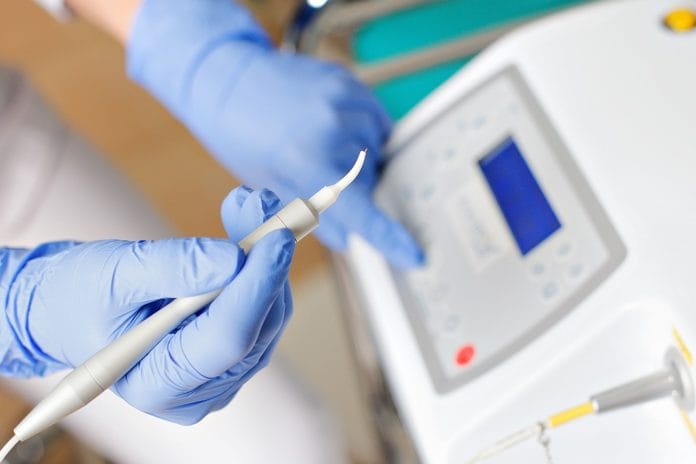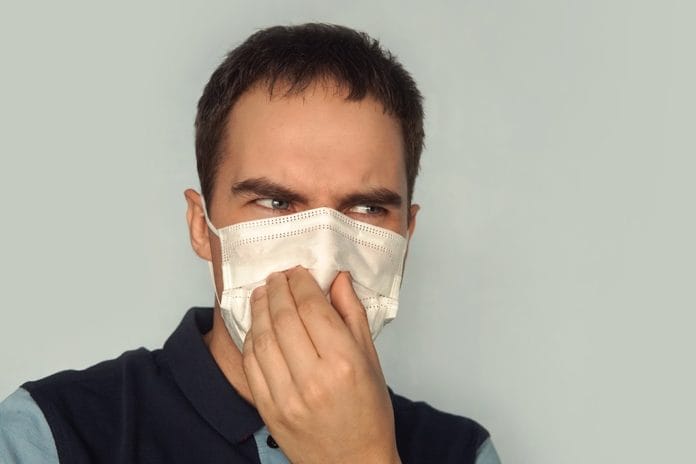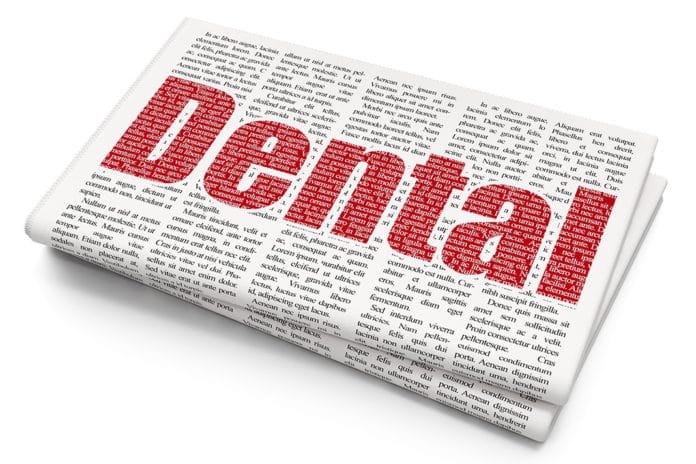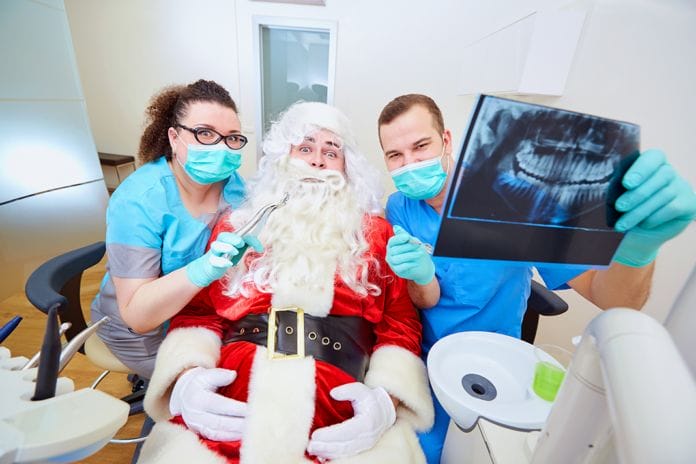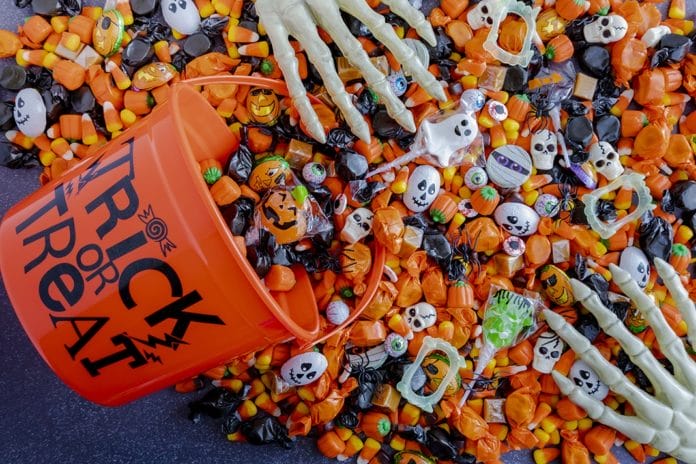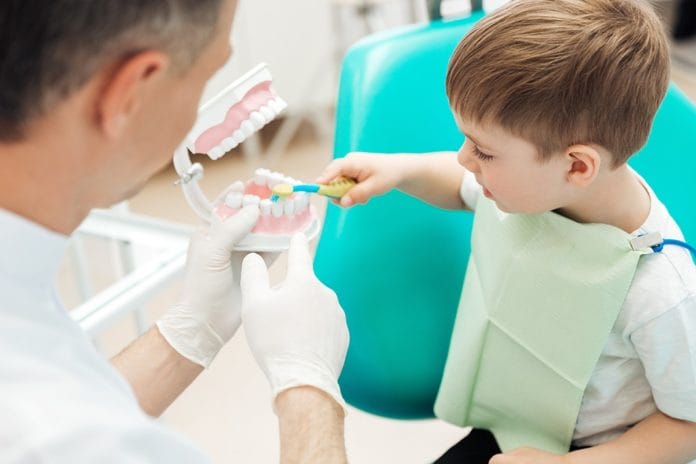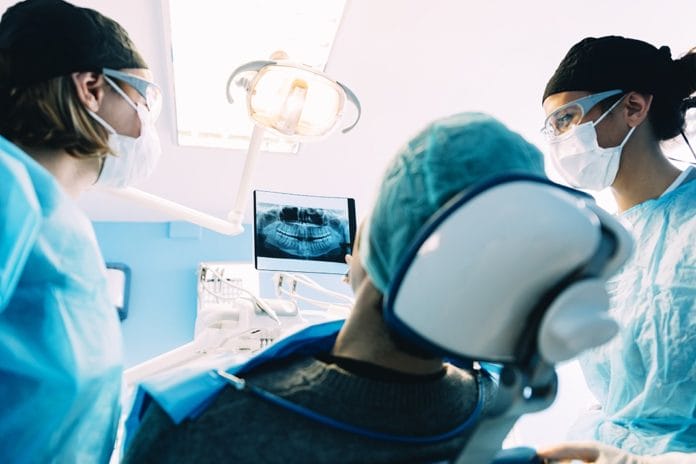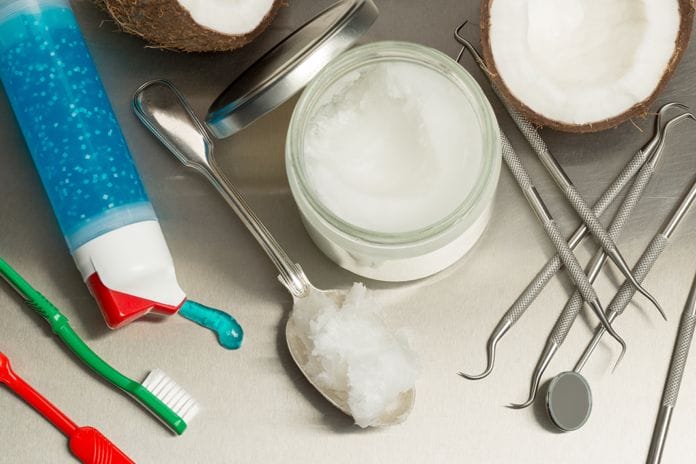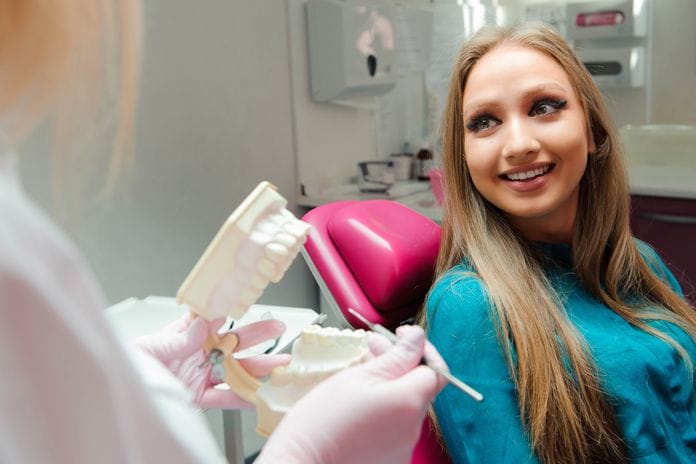Heather Hakes, RDH
Heart Health: Importance of Pre-Operative Blood Pressure Screenings in the Dental Office
Have you been asked countless times by patients why dental clinicians need to take blood pressure prior to the appointment? Are you working in...
Sleep Apnea: A Growing Health Concern Hygienists Need to Know About
Sleep apnea has become a growing health concern because of its link to other potentially fatal health conditions. Sleep apnea occurs when there are...
Laser Dentistry: Cutting Edge Dentistry
Laser dentistry is a non-evasive approach to dentistry. “Laser” is derived from the acronym “Light Amplification by the Stimulated Emission of Radiation.1” Lasers have...
Vitamin Deficiencies: Noting the Oral Health Clues Present in the Mouth
The recent emphasis on the importance of a healthy diet and good nutrition has not been ignored by the dental profession. Vitamins and nutrients...
Oral Malodor: Causes, Effects, and Treatment of the Dental Patient
The nationwide trend toward wearing masks has precipitated a new concern for dental patients − oral malodor, aka bad breath. Oral malodor is an...
Pandemic Mandates vs. Guidelines and Challenges for Dental Team Members
At the beginning of the COVID-19 pandemic, many dental offices were mandated to discontinue all elective procedures. The mandatory shutdown caused some dental offices...
Dental News: A Look Back at Some Big Stories from 2019
Every year, the dental industry makes strides to improve knowledge and stay on the cutting edge. Enhancing patients’ experiences through new technologies, improved business...
10 Dental Christmas Gift Ideas
Christmas is a joyous holiday enjoyed by all ages. The annual celebration brings together families for cookie baking, gift exchanging, trimming the tree, and...
Halloween Candy and Dental Decay: Taking the Trick out of the Treat
On October 31st, dental professionals cringe every time the candy lands in the bucket after our kids shout out the expected “Trick-or-Treat!” Once our...
10 (More) Pet Peeves of Dental Hygienists
Although the dental hygiene profession can be rewarding at times, those little nuances called “pet peeves” can overshadow the day. After a positive response...
Dental Hygiene: A Community Coming Together with Shared Experiences
The dental hygiene profession can be self-satisfying, rewarding, educating, and humbling, as well as trifling, mentally and physically exhausting, and perplexing. Judging from recent...
Pediatric Prophylaxis: Helpful Hints for Dental Appointments with Children
An emphasis on the importance of dental health has increased the number of children seeking dental visits. A study conducted in 2014 reported that...
Children’s Oral Health Month: Emphasis on Children’s Dental Care
February is designated Children’s Oral Health Month in the dental community. Children’s Oral Health Month places emphasis on educating parents and children on the...
Dental Hygiene Diagnosis: The Basis for Standard of Care
The dental hygiene diagnosis is an integral part of a dental hygiene appointment. It allows for the collection of data to be formulated into...
Dental Therapists: A Solution to the Lack of Dental Care Needs Being Met?
Recently, the state of Arizona signed the bill to allow for a mid-level, licensed dental professional, called a “dental therapist,” to provide care in...
The Importance of Seeking Professional Dental Treatment for Teeth Whitening & Orthodontics
The internet’s availability has changed the way society functions. It has opened doors to information, products, and social connections. Access to the internet allows...
Athletic Mouth Guards: Playing It Safe
It is that time of year when the kids start a new school year, and many participate in school sports programs. Although schools attempt...
10 Pet Peeves of Dental Hygienists (Plus 5 Patient Pet Peeves)
We all go through our days capping our frustrations from those unexpected little annoyances, aka pet peeves. A pet peeve is defined as “a...
Oil Pulling: Is it Effective?
I have recently been asked my professional opinion on “coconut oil pulling” by numerous patients. Although unfamiliar with this technique, I was curious about...
Communication in Dentistry: The Layman’s Way
Communication is the process by which information is exchanged between individuals through a common system of articulation. This article will focus on replacing dental...


